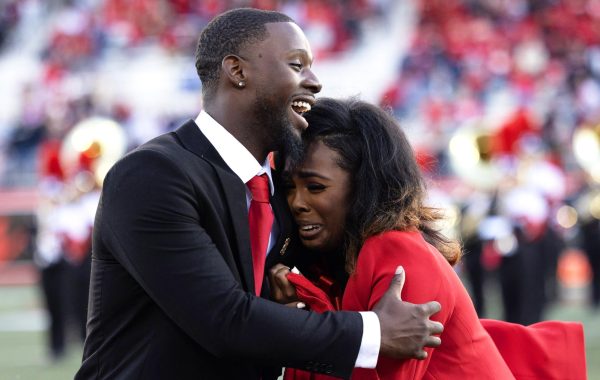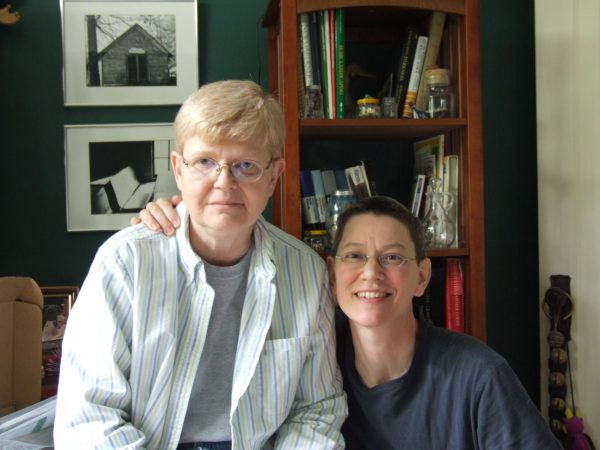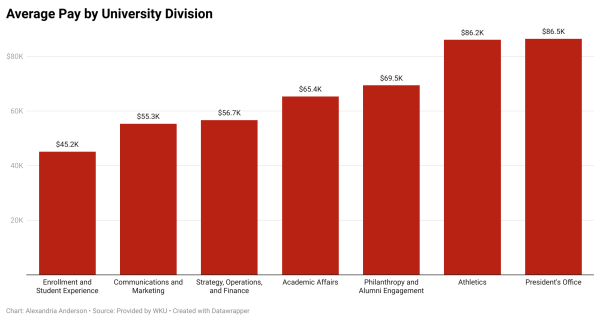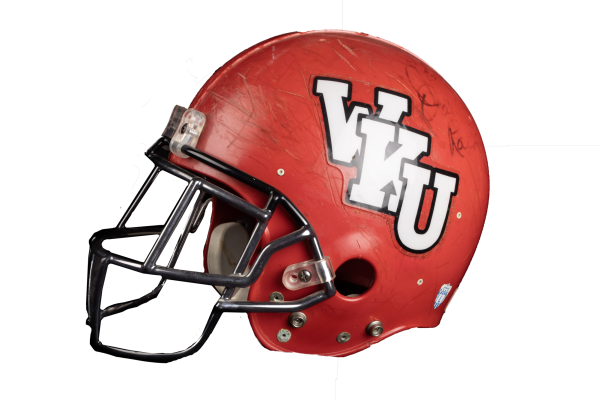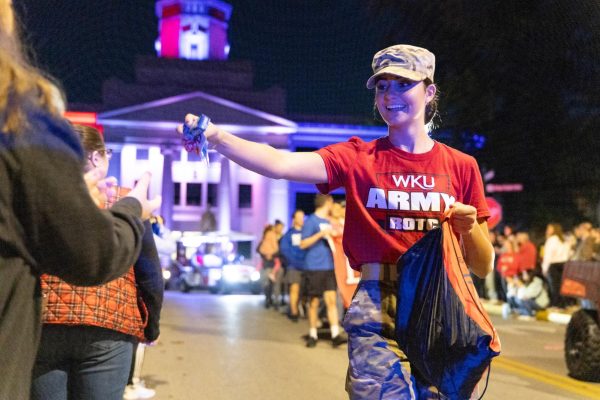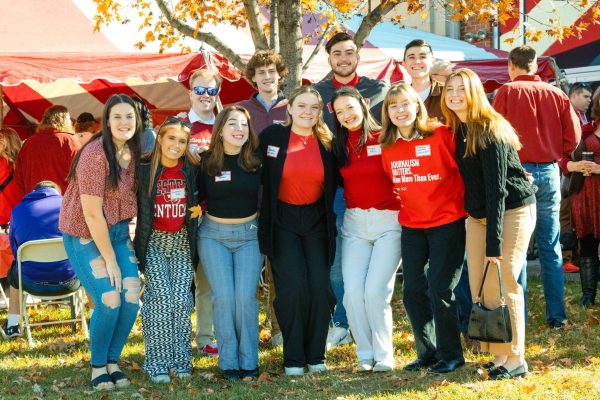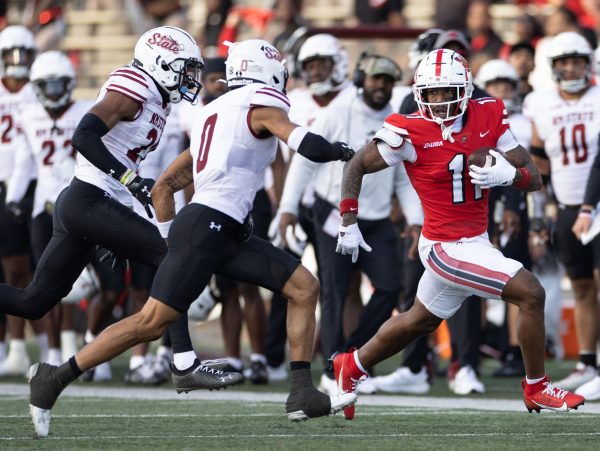Office of Sustainability preps for gameday garbage
October 17, 2016
Fall on the Hill means the return of football games, crisp autumn air and the distinctive crunch of aluminum cans crushing under the feet of tailgaters.
For Beth Gafford, the coordinator for resource conservation in the recycling and surplus department at WKU, every gameday presents a new challenge to make sure that recyclables are collected and disposed of properly.
“A couple of years ago the valley was a carpet of cans and recyclables,” Gafford said of the post-game state of the tailgating area.
This year, WKU is among the universities participating in the GameDay Recycling Challenge, a nationwide competition to reduce and recycle waste generated at home football games. So far this season over 1,000 pounds of recyclables has been collected in the Valley alone.
“It has really helped to engage the fraternities in our efforts,” Gafford said. “It has made a huge difference in the success of the program.”
Each fraternity is given a recycling bin with their letters on it. The bags are weighed at the end of the game to determine who has collected the most recyclables.
Gafford said having clear bags has helped hold participants accountable since it allows them to see how much recyclable material they have collected.
“We’ve heard guys saying things like ‘Pick that up! It can be recycled!’ and it really makes us excited to know it’s making a difference,” Gafford said.
The recycling and surplus department has partnered with the Office of Sustainability and the SGA Sustainability Committee to organize and promote the GameDay Recycling Challenge and other sustainability efforts on campus. The partnership has helped engage other students and significantly increased the presence of recycling on campus, SGA President Jay Todd Richey said.
“Our goal is to expand the passion for sustainability to the student body at large,” Richey said.
While volunteerism has increased with the partnership, coverage of large events such as Homecoming presents its challenges, Christian Ryan, coordinator for Office of Sustainability, said.
“Homecoming is an extremely high waste generating event,” Ryan said.
Floats created by fraternities and sororities for the homecoming parade are large contributors to the waste produced during the week, Ryan said.
According to previous reports by the Herald last year, over 10,000 pomps are used per float.
Ryan said most of the materials are not recyclable once students deconstruct the float. Materials like the lumber can be reused and are a waste of resources if thrown away.
Gafford held a preliminary meeting with WKU Greek organizations earlier this year to present alternative methods for disposal of the homecoming floats, but it is up to the individual groups if they want to take advantage of the opportunities or not, Student Activities Director Charley Pride said.
“We have not mandated anything about the floats needing to be disposed of in a certain way,” Pride said.
Gafford said she hopes she can partner with other organizations in the future such as Habitat for Humanity to try to reuse materials like lumber from the dismantled floats.
For now, Gafford is focusing on continuing to promote and improve GameDay Recycling Challenge efforts through in-stadium recycling, competition among fraternities and volunteer expansion.
Reporter Jennifer King can be reached at 270-745-6011 and [email protected].













![Students cheer for Senator at Large Jaden Marshall after being announced as the Intercultural Student Engagement Center Senator for the 24th Senate on Wednesday, April 17 in the Senate Chamber in DSU. Ive done everything in my power, Ive said it 100 times, to be for the students, Marshall said. So, not only to win, but to hear that reaction for me by the other students is just something that shows people actually care about me [and] really support me.](https://wkuherald.com/wp-content/uploads/2024/04/jadenmarshall-1200x844.jpg)

